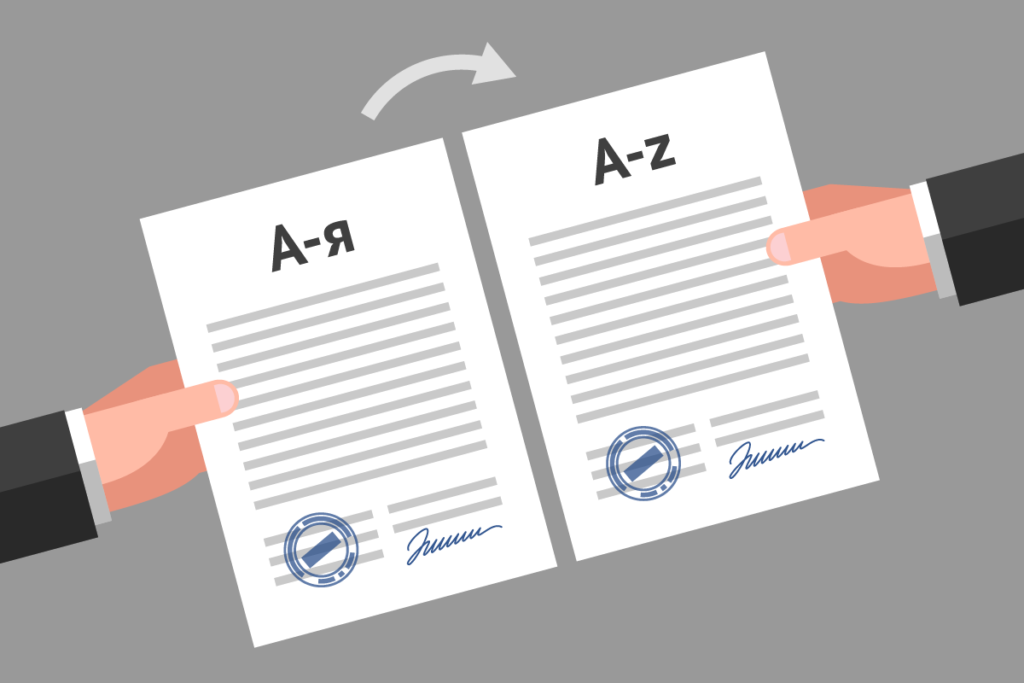There’s an expression in Silicon Valley that data is the new gold. That maxim certainly seems to hold in the translation industry insofar as dozens of different business sectors are becoming more digitized and in need of timely translation services.

Finance Translators
The finance sector has a growing need for translators. Because the world of finance is increasingly globalized, there needs to be an intermediary to make connections and broker deals between business partners who literally speak different languages.
Financial translators would ideally, in a sense, know a lot about a little and a little about a lot in that they would leverage their knowledge of different aspects of the finance sector into a comprehensive picture for a third-party client of translation services.
Finance translators should be able to track movements in the stock market and understand the underlying mechanics of the banking sector so that they can leverage that knowledge into helpful translations for their clients.
Tourism Translators
Likewise, the tourism and hospitality sector have a real need for translators to act as intermediaries for business and their customers. By some estimates, the tourism sector is a $10 trillion dollar industry overall employing more than 300 million people. To put that into perspective, there are fewer than 350 million citizens in the United States!
Translators provide a number of different services to professionals in the tourism industry as well as accurate translations for conference translation services and marketing collateral, such as travel guides. Translators might also be called upon to provide travel documents in many different languages to facilitate global tourism and professional networking.
Law Translators
Legal translators work with lawyers and judges to enable two or more parties that don’t speak the same language to smoothly interact together. Legal translators frequently convert a legal document into a target language to achieve a number of different aims: translating naturalization papers, translating wills, translating trusts, and translating executive orders.
This list is but a sampling of all of the different ways that legal translators assist lawyers and the clients that they serve. Legal translators might find themselves venturing beyond the courtroom, however, and working in the following settings: insurance companies, medical facilities, police departments, financial institutions, and immigration facilities. Since law literally informs every aspect of society, legal translators are essentially needed everywhere in society!
Medical Translators
In the same way, the field of medicine has made inroads in developed and developing nations all around the globe, so translators are needed everywhere you turn. In particular, pharmaceutical companies hire translators to interface with other healthcare companies, sovereign states, and the public at large.
Accurate translations are arguably nowhere more important than with medical professionals since a mistake could literally be the difference between life and death. Medical translators provide translations for medical records, medical reports, and instructions for doctors and nurses to follow.
In essence, translators are making inroads into a surprising variety of industries because translators are needed whenever two or more languages are involved and the parties involved want smoother communication.
